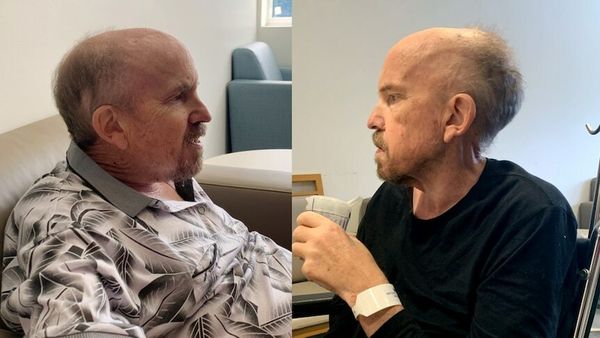
Public hospitals are becoming stuck by “bureaucratic glue” stopping healthy patients from leaving, the minister overseeing the National Disability Insurance Scheme says.
Across Australian hospitals there are more than 1400 NDIS participants who are waiting an average of 160 days, equal to almost six months, to be discharged.
Each patient costs the taxpayer about $2300 a day, which Bill Shorten said was “madness”.
The minister said “nothing had prepared him” for the state of the NDIS he would inherit after Labor’s win at the May federal election.
“The previous government has just, honestly, ignored the problem (and) I’m genuinely mystified because this is a real issue, it’s got real consequences,” he told ABC Radio Melbourne on Monday.
“Hospitals are designed to treat the sick, but if you’re stabilised you’re better off being at home or in an appropriate special accommodation than a very expensive hospital bed which also increases your risk of other illness.”
Bureaucratic decision-making appears to be slowing down the process of discharging patients rather than a lack of appropriate accommodation options, Mr Shorten said.
He said decisions about patients were being made consecutively rather than concurrently, which was not common sense.
“Between the hard working actions … within the system at a hospital to individual to disability agency, somewhere between those efforts and outcomes, there seems to be this giant pot of bureaucratic glue which seems to slow everything down,” he said.
“It is an issue everywhere.”
Pumping money into the NDIS is not the only solution but rather fixing inefficient processes and improving transparency, Mr Shorten said.
He said community mental health funding and ensuring schools are supporting students with additional needs are also part of the solution.
“The answers are not totally hard in some cases, I just think you’ve got to have the political will to find them and implement them,” he said.










